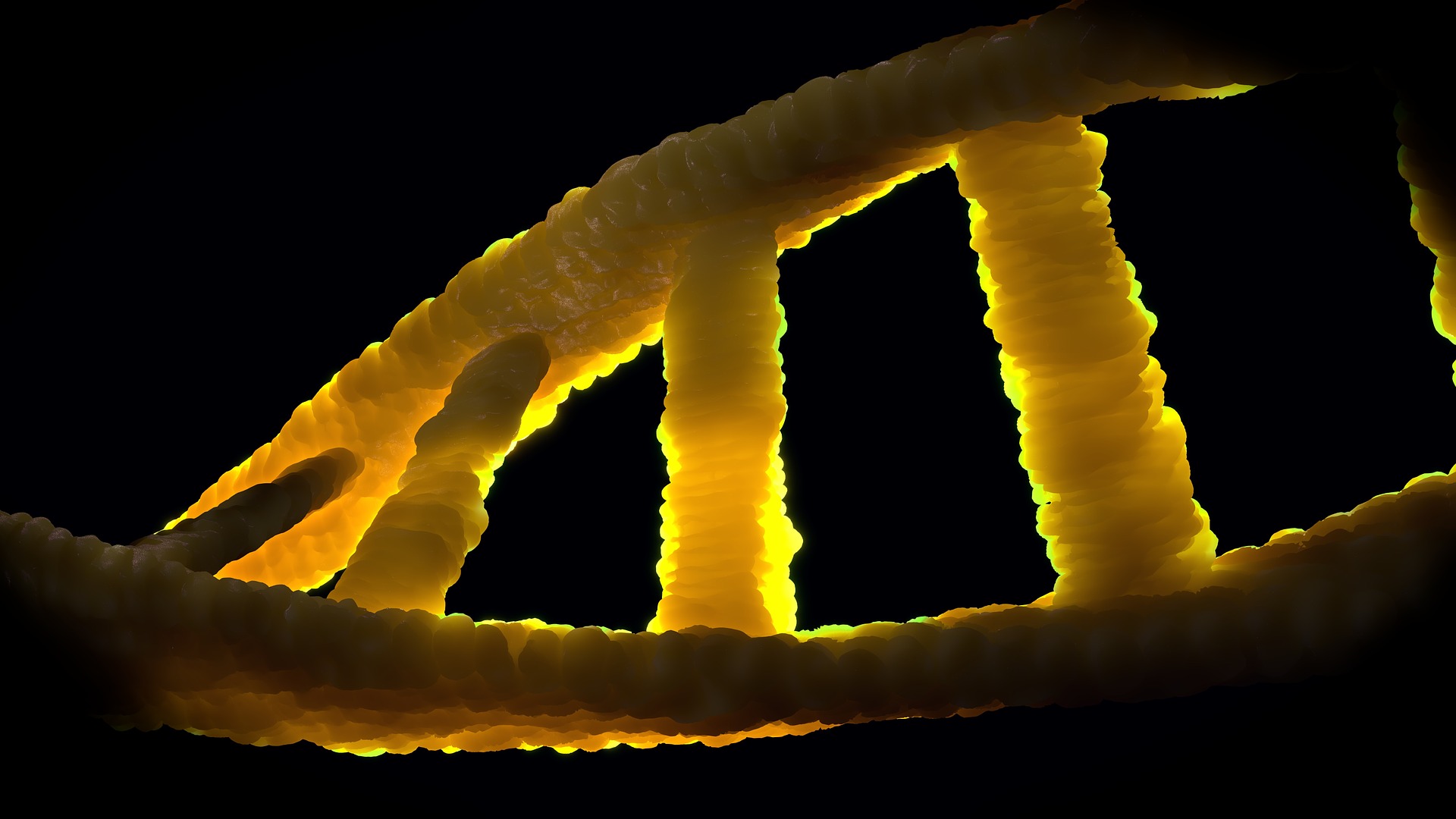New policy to ban pregnancies with genetically modified embryos
By The Yomiuri Shimbun,
The Japan News
| 04. 28. 2017
The government plans to drastically revise its basic policy on conducting research on human embryos, in an effort to implement state-led regulations on such research, The Yomiuri Shimbun has learned.
Aiming to meet the challenges posed by new technologies such as genome editing (see below) — a technology that efficiently alters genes — the government is considering limiting human embryo modification through genome editing to basic research, and prohibiting both the implantation of embryos with altered genes in a uterus and the live births of such embryos.
Concrete discussions will start in a new organization expected to be established under the Council for Science, Technology and Innovation chaired by Prime Minister Shinzo Abe. The government will make a decision on the establishment as early as May.
Compiled in 2004, the current basic policy on research using human embryos states that any handling of embryos that causes damage to them is not permitted. However, there is no specific provision for genome editing — an area in which research has intensified since the policy’s release — nor for nuclear transfer, a treatment...
Related Articles
By staff, Japan Times | 12.04.2025
Japan plans to introduce a ban with penalties on implanting a genome-edited fertilized human egg into the womb of a human or another animal amid concerns over "designer babies."
A government expert panel broadly approved a proposal, including the ban...
By Katherine Long, Ben Foldy, and Lingling Wei, The Wall Street Journal | 12.13.2025
Inside a closed Los Angeles courtroom, something wasn’t right.
Clerks working for family court Judge Amy Pellman were reviewing routine surrogacy petitions when they spotted an unusual pattern: the same name, again and again.
A Chinese billionaire was seeking parental...
By Sarah A. Topol, The New York Times Magazine | 12.14.2025
The women in House 3 rarely had a chance to speak to the women in House 5, but when they did, the things they heard scared them. They didn’t actually know where House 5 was, only that it was huge...
By Hannah Devlin, The Guardian | 12.06.2025
Couples undergoing IVF in the UK are exploiting an apparent legal loophole to rank their embryos based on genetic predictions of IQ, height and health, the Guardian has learned.
The controversial screening technique, which scores embryos based on their DNA...




